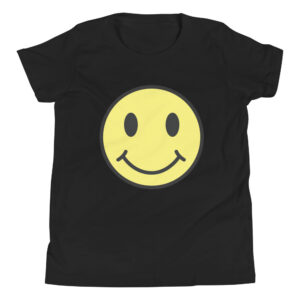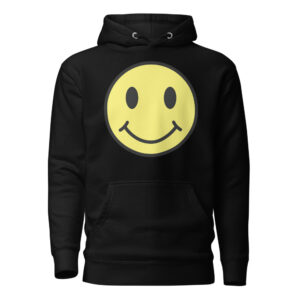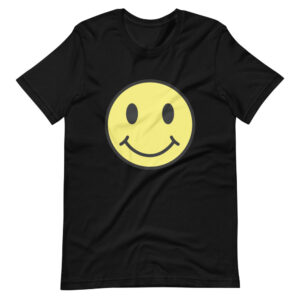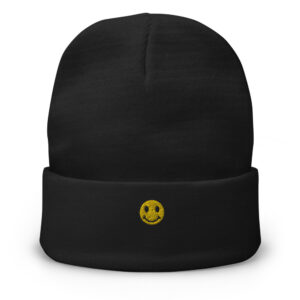Why Retro Fashion Is the Future of Modern Style
Fashion is cyclical, and what once seemed outdated often finds its way back into the spotlight. Vintage fashion is no exception. From thrift stores to high-end runways, vintage-inspired styles are taking over, breathing new life into retro trends and proving that what’s old can indeed be new again. Here’s why vintage fashion is making such a huge comeback and how it’s influencing the way we dress today.
The Appeal of Vintage Fashion
Vintage clothing offers something that modern fashion often lacks: uniqueness. With mass production dominating the industry, many people are turning to vintage for its individuality and timeless appeal. Each piece carries a story, offering a sense of nostalgia and charm that can’t be replicated by fast fashion.
Vintage fashion also reflects a desire for sustainability. As consumers become more eco-conscious, the idea of repurposing and re-wearing older clothing resonates. By choosing vintage, shoppers not only reduce waste but also invest in higher-quality pieces that were made to last.
Retro Styles on the Rise
Certain decades are making a particularly strong impact on today’s fashion.
- The 1970s: Think flared jeans, bohemian dresses, and earthy tones. This era’s free-spirited vibe continues to inspire modern collections.
- The 1980s: Power suits, bold patterns, and oversized silhouettes are back, offering a mix of confidence and fun.
- The 1990s: Grunge aesthetics, slip dresses, and crop tops have seamlessly integrated into contemporary wardrobes.
These retro influences aren’t just about replication—they’re being reinvented to fit today’s tastes while retaining their nostalgic roots.
Celebrities Championing Vintage Fashion
Celebrities play a significant role in bringing vintage back to the mainstream. Iconic figures like Zendaya, Harry Styles, and Rihanna have been spotted wearing vintage or vintage-inspired pieces on red carpets and at major events. Their choices set trends and highlight the timeless elegance of retro styles, encouraging fans to explore vintage options for themselves.
Vintage Meets Modern
Designers are blending vintage elements with modern sensibilities to create something entirely fresh. For example:
- Upcycled Designs: Designers repurpose old fabrics and garments to craft unique, sustainable pieces.
- Vintage-Inspired Lines: Many brands create collections that mimic the aesthetics of past decades while using contemporary fabrics and techniques.
This fusion ensures that vintage fashion isn’t just a throwback but an evolving trend that stays relevant.
The Role of Thrift and Vintage Shops
Thrift and vintage shops have become hubs for discovering unique pieces. Platforms like Depop, Poshmark, and eBay make it easier than ever to shop for vintage clothing online. Brick-and-mortar stores are also thriving, offering curated collections that cater to retro enthusiasts.
These shops allow individuals to embrace vintage fashion at accessible price points, making it a trend that’s both stylish and inclusive.
Why Vintage Matters Today
Vintage fashion is more than a passing trend—it’s a cultural movement. It challenges fast fashion’s disposable nature, promotes individuality, and celebrates craftsmanship. By embracing vintage, people aren’t just wearing clothes; they’re making a statement about their values and creativity.






